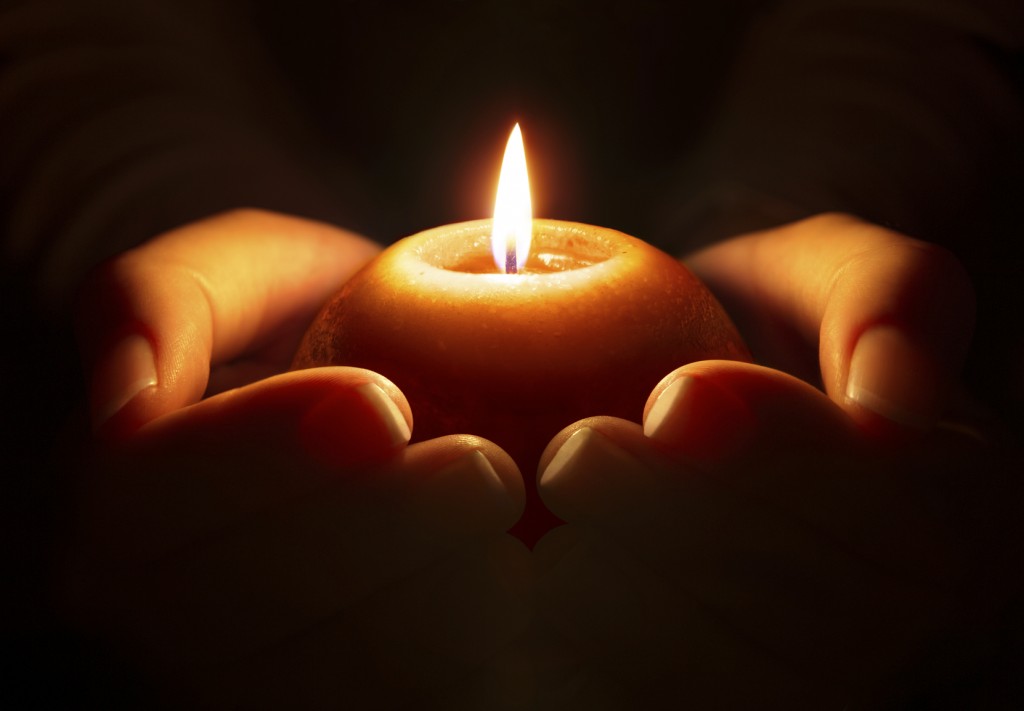Our lives are filled with noise, and there are endless options of sounds to listen to, but that doesn’t mean we know how to hear.
Pastor Adam McHugh, author of , shares valuable truths for Christians on the art of deep listening.
Entering into the emotional worlds of other people can be extremely difficult and intimidating. Adam elaborates on a few personal tenancies that he has struggled with in the past:
“I would get kind of preachy or I would find ways to duck out of conversations. I would use humor to try and disarm the situation and I was dismissing people in doing that.”
“There’s a lot of anxiety that gets raised when we’re listening to people in pain, especially with people that we are close too and people that we love most. When they’re not doing well it automatically means that our lives are affected as well; it automatically means that we’re not doing as well as we could be.”
Instead of actively listening to others, Adam explains that many people will try and say all of the right things by using clichés or ‘preachy’ language.
“We have a way of trying to get people to feel better, we want to kind of preemptively reassure them. We want to tell them that, ‘everything is going to be okay,’ and ‘God works things together for the good,’ and it’s about all those Christian clichés…it’s not really about the other person in that situation and about what they’re undergoing. It really becomes more about trying to soothe our own battered souls as a result of the person in front of us being in pain.”
We need to learn how to walk alongside people and allow them to grieve at their own pace.
“A huge challenge of deep listening is learning how to let people have their emotions; learning how to be with them in their emotions without trying to fix them or without trying to take away those emotions away, which they need actually in order to grieve and in order to feel better. You have to go through the painful emotions in order to get to a healthy place.”
As Christians it’s natural to want to help other people, but more often than not, we need to be present and enter into emotional pain with them.
“I think our first role is to be with them in their pain. If they are in a storm; they’re wet, they’re scared and it’s our job to get soaked with them. To enter into their lives and enter into their pain as they currently are.”






















